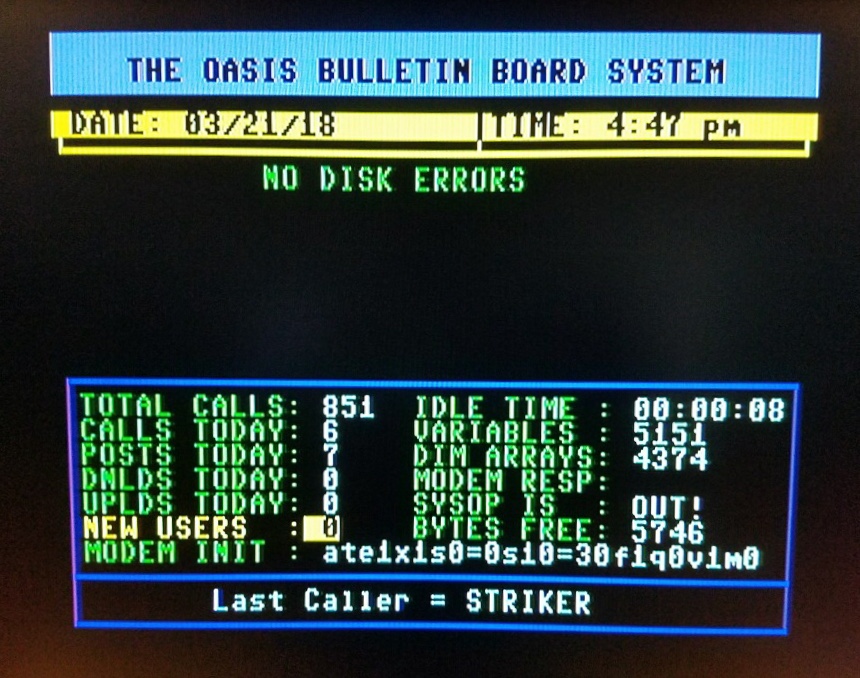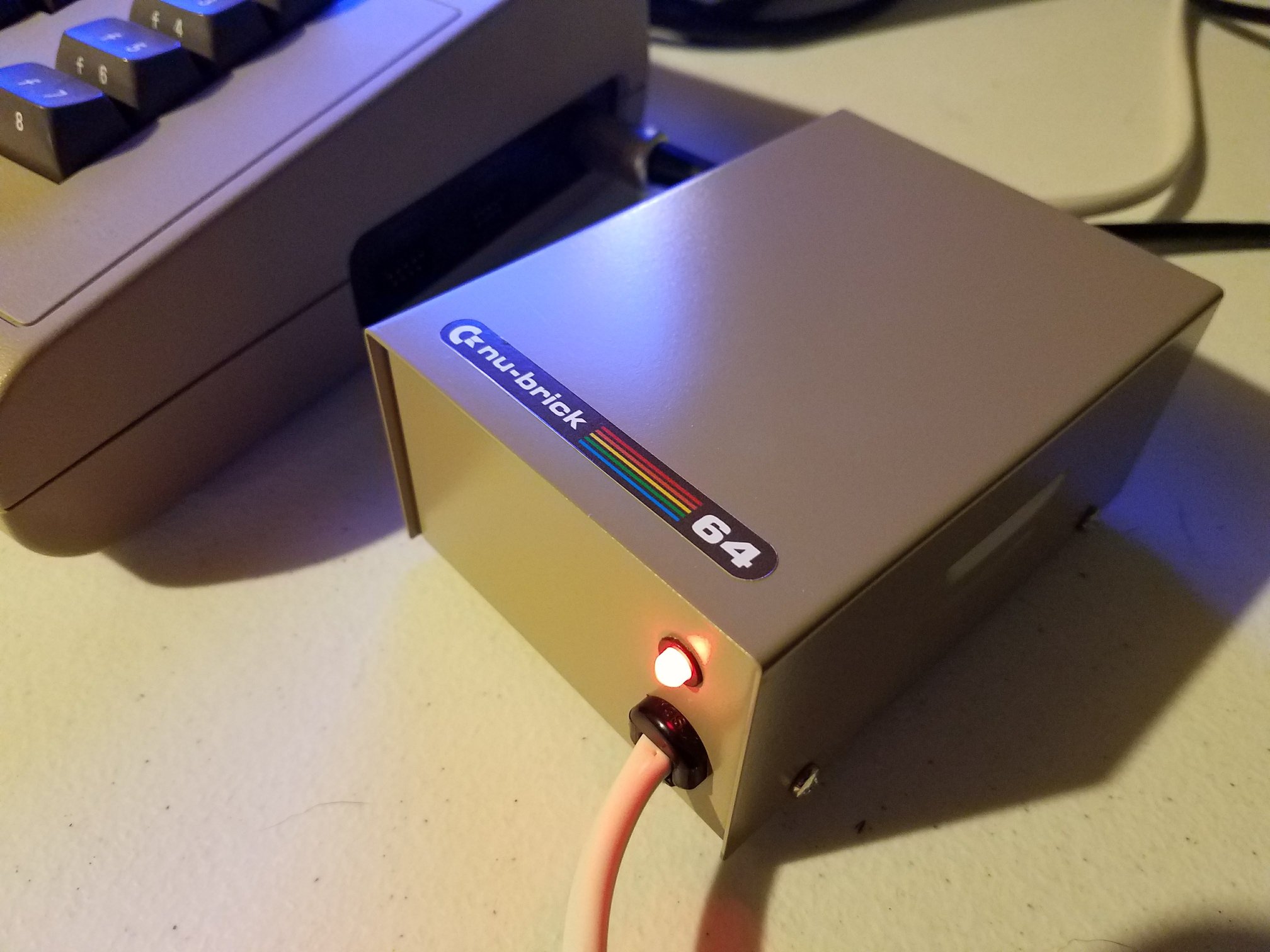In the latest video from projectCD.Chronicles, viewers get an in-depth look at building a vertical shooter in Assembly on the Commodore 64. Using a classic shoot-’em-up game skeleton as the foundation, the episode dives into every key area of the code—offering newcomers and seasoned coders alike a compelling walkthrough of C64 game development from the ground up.
The vertical shooter in Assembly becomes the perfect vehicle to explore real-time raster interrupts, direct hardware access, and efficient input handling. The code kicks off at address $0801, launching the game using a classic BASIC stub, then jumps into the heart of Assembly execution—managing sprites, input, collisions, and screen effects using direct hardware registers.
Game Loop and Technical Highlights
This tutorial doesn’t just show you what the code does—it explains why it works. Viewers learn how to:
- Set up raster-based IRQ timing for consistent gameplay speed.
- Scan the CIA chip directly to capture keyboard and joystick input quickly.
- Use hardware collision detection at $d01e to trigger sprite interactions like explosions.
- Load and control VIC-II graphics memory for sprites and screen data.
- Create a clever “quake” effect using rapid color changes.
Resources and Community Support
Beyond the code, the video links to vital resources to supercharge your development journey:
- C64OS: How the Keyboard Works: Explains low-level key scanning via the CIA chip.
- C64 Memory Map: A must-have reference for memory usage across C64 hardware components.
- MOS Commando Facebook Group: Focused entirely on MOS 6502/6510 Assembly programming.
- Retro Computing Italia: Broader discussions on retro software and hardware.
Why Watch This?
If you’ve ever wanted to write a game for the Commodore 64—or just understand how classic games ran so smoothly on such modest hardware—this breakdown of a vertical shooter in Assembly is pure gold. It demystifies raster interrupts, input scanning, and memory layout while introducing sprite management techniques that remain clever even decades later.
Whether you’re just curious or elbow-deep in hex values already, this is the kind of tutorial that lights a fire. Watch it, pause it, study it—and maybe even build your own shooter.







